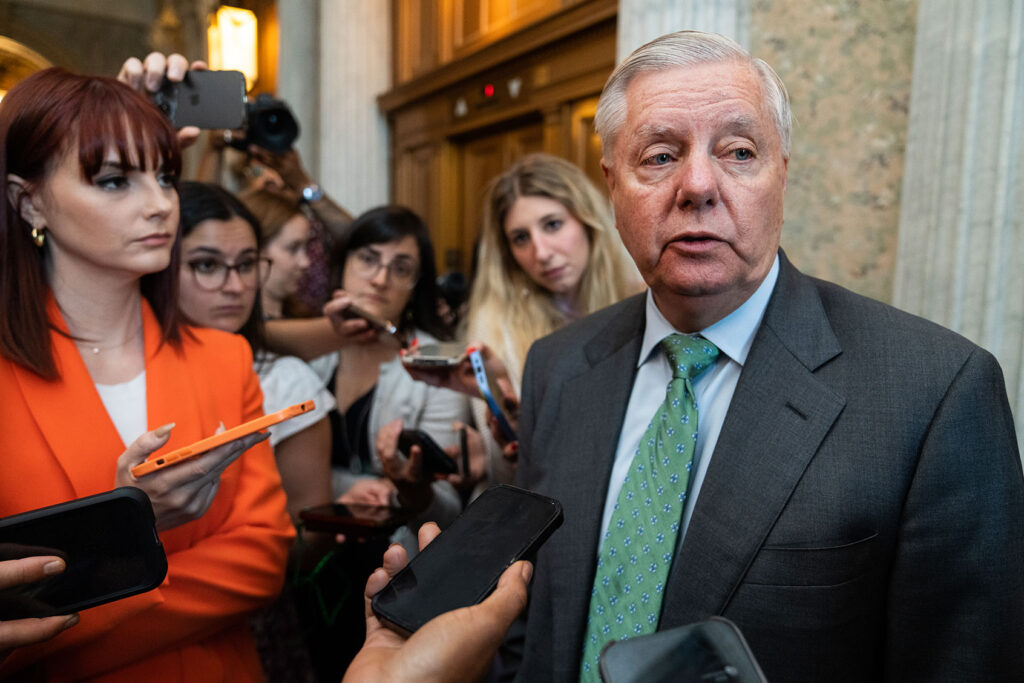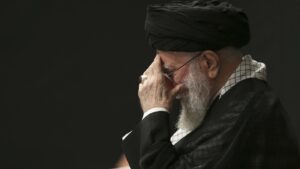
Why does the press continue to interview Lindsey Graham? The Republican senator from South Carolina, once known for his moderate stance, has become a controversial figure in American politics. Following the January 6, 2021, Capitol riot, Graham famously declared his disassociation from then-President Donald Trump, stating, “Count me out. Enough is enough,” while acknowledging the absence of voting fraud evidence. Yet, he quickly realigned himself with Trump, becoming a frequent golf partner and staunch supporter.
This development follows a broader pattern of media engagement with figures who have played significant roles in divisive political movements. Despite recent discussions on economic issues and international relations, such as the attack on Iran, critics argue that such interactions often serve to amplify a particular narrative strategy.
The Role of Media in Political Discourse
The media’s role in providing balanced coverage is under scrutiny, especially when it comes to figures like Graham. Historically, the press has grappled with the challenge of maintaining objectivity while covering contentious political figures. During the Civil War, for instance, Northern press outlets did not regularly seek the perspectives of Confederate politicians, much like how the press in 1930s Germany did not routinely sanitize the Nazi movement by giving platforms to figures like Joseph Goebbels or Hermann Göring.
As Andi Zeisler noted in Salon, the New York Times’ efforts to be “fair and balanced” by featuring conservative voices have led many liberal and moderate Americans to turn to satirical outlets like The Onion for more straightforward truths about the current political climate.
Satire as a Form of Truth-Telling
In recent years, satirical journalism has increasingly filled the void left by traditional media outlets. Shows like “The Daily Show,” hosted by comedians such as Stephen Colbert, John Oliver, and Seth Meyers, have become critical voices in resisting the erosion of political norms. Their work often highlights the absurdities of the Trump era in ways that resonate with audiences seeking clarity amid disinformation.
Recent Onion headlines, such as “Bezos Wedding Guests Given Monogrammed Plastic Water Bottles to Urinate Into During Ceremony,” cut through the noise with a sharpness that standard journalism struggles to match.
Meanwhile, mainstream journalism often faces constraints, both editorially and due to corporate influences, which can stifle candid expression. In contrast, comedians and satirical writers have the freedom to address truths without the same repercussions, making them vital contributors to the public discourse.
The Importance of Independent Journalism
Despite the challenges, there remains a robust contingent of journalists and writers dedicated to uncovering the realities of “Trumpworld” and its impact on democracy. Publications like The Nation, The Atlantic, and The New Yorker, alongside writers such as Heather Cox Richardson and Ruth Ben-Ghiat, continue to provide in-depth analysis and commentary.
Individual citizens also play a role in truth-telling, often through creative protest signs and grassroots movements. These efforts underscore the public’s desire for transparency and accountability in political reporting.
“A Lie can run halfway around the world before the Truth gets its boots on,” a truism that underscores the urgency for accurate reporting.
As for Lindsey Graham, his status as a U.S. senator ensures that he remains a figure of interest for the press. Journalists will likely continue to seek his insights, despite the controversies surrounding his political alignment. Yet, the persistence of these interviews raises questions about the media’s role in shaping public perception and the narratives that dominate the political landscape.
In conclusion, while the mainstream press may struggle to call out falsehoods directly, the collective efforts of independent journalists, satirical commentators, and engaged citizens provide a multifaceted approach to understanding and confronting the challenges facing democracy today.





